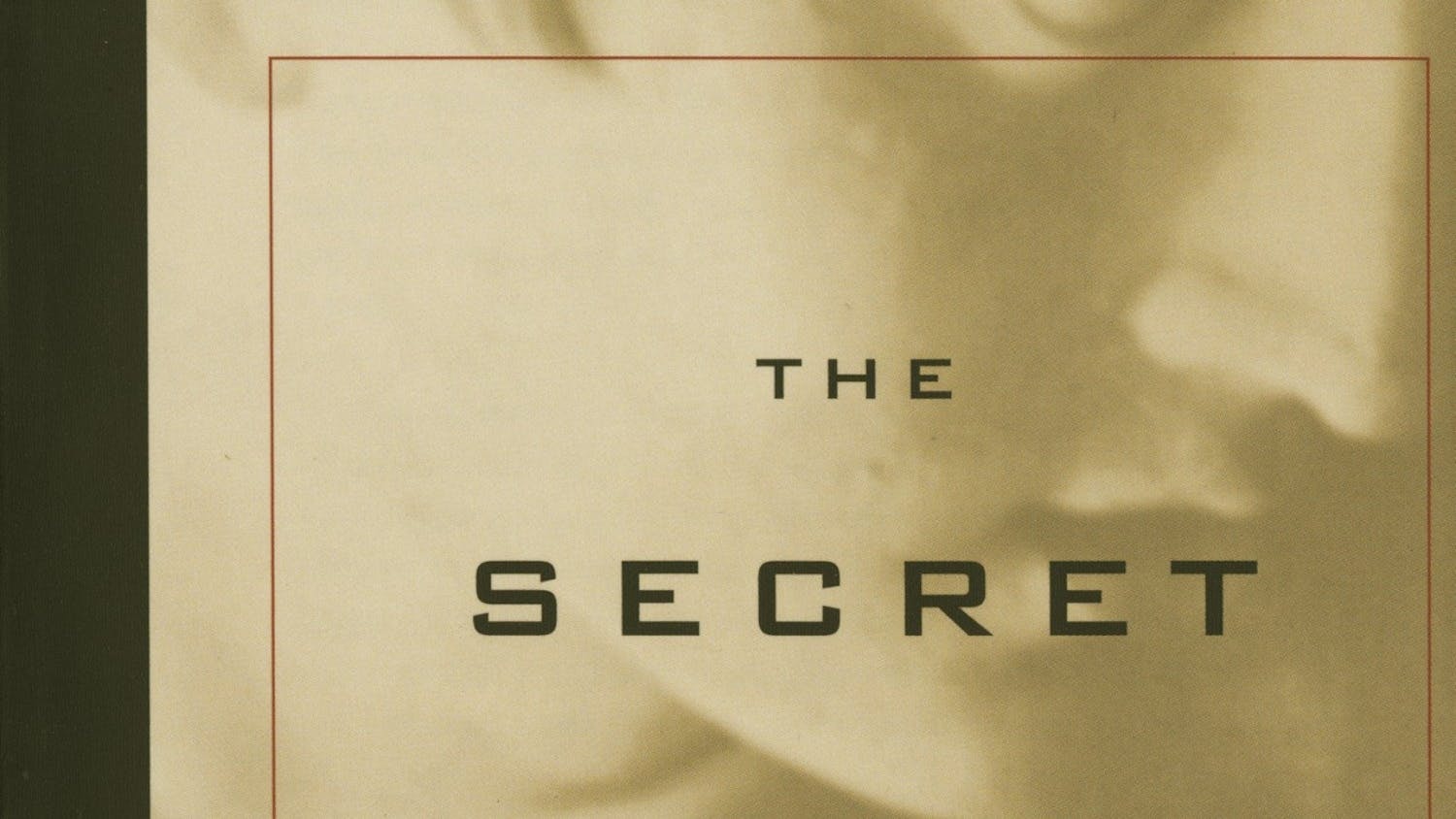Netflix is excellent at taking astounding, legendary actors and making them look like a fool of themselves, as seen per their newly released rom-com, “You People.” It is basically a combination of films like “Meet the Parents” and “Guess Who’s Coming to Dinner,” with age-old tropes of parental indifference and racial stereotypes that have been seen time and time again.
“You People” strives to take those tropes and modernize it, with a heavy intention to accomplish such a heavy goal. It follows the story of a new couple, Ezra (Jonah Hill) and Amira (Lauren London), with differing races and religious backgrounds, making their families conspire against each other due to their different cultures. It signifies the intersectionality of race and religion, specifically a black Muslim family against a white Jewish family. This is brought to the forefront for the entirety of the film, but while its intentions are necessarily worthy of being brought up, there are several uncomfortable moments that overtake that heavy goal it wants to accomplish.
One of the film’s major perfections is the way it amplifies its social commentary, presenting some very real scenarios of racial and religious tensions and how it could divide people apart. It’s educating those who would never understand while also inspiring people who are just like these main characters. The intended audience is wide, meant for anybody and everybody to see its necessary lesson.
The premise seems promising, as the plot can be seen as insightful and resonating with most viewers. But after the first third of the film, it starts to stray away from its promise. Even the film’s main couple lacks promise, with no desirable chemistry to gain any sympathy from viewers. They fight more than they actually are seen being in love. Better execution of Ezra and Amira would have a better influence on audiences, especially since the couple pertains so much to the film’s overall message.
One of the main prospects is Jonah Hill, also credited with co-writing the film, who for once is not playing the role of a sidekick in a rom-com. It’s significant and exciting in the sense that we are finally seeing him in a different type of role. Though the type of role he is playing is different than the ones he is used to playing, Hill still adds his same stylistic type of acting, being assertively humorous while also seemingly dumbfounded.
Lauren London, who plays alongside Hill as the charismatic Amira, sadly doesn’t get to shine as much as her co-star did. There was supposed to be a balance between the two lovebirds throughout the whole film but her character gets annoyingly side swiped. There isn’t enough talk about her as a character or her ambitions, whereas the man playing opposite of her gets to live his dreams eloquently and she is shown struggling. In a way, the film is basically proving one of its own plot points which involves overcoming white superiority.
Veteran comedian, Eddie Murphy, does not even seem like he wants to be there, as his performance does not even come close to the other outstanding performances he has given throughout his career. Sitcom icon, Julia Louis-Dreyfus, works well in her white woman “Karen” stereotype, but she delivers most of the film’s cringiest moments. In every scene that she is in, her character tells the most racially tone deaf, nauseating jokes, which are met with silence from other characters as well as the viewer.
Hill and Murphy constantly bantering alongside each other feels like a dream come true as two astounding comedians are collaborating in this full-length form, but the highs could be higher and their chemistry isn’t worthwhile. One awkward moment with the duo involves Murphy’s character trying to get Hill’s character to say a very obvious racial slur. This is just one of several moments where the audience can feel secondhand embarrassment.
Even with its substantial number of comedians, the jokes just aren’t funny. There might be a single breath exhaling from the nose every now and then, but there are so many awkward attempts to make racial and religious misunderstandings seem funny, which is continually annoying. Not one character seems to understand what is going on or does anything to actually solve the problem at hand until the worst of the worst has finally come.
By the end, it feels like the film would have fit better as an SNL skit, not a full-length film where its “comedy” drowns out its morality. If the film were to get rid of its awkward moments and tried not to make veteran comedians look like fools, then maybe their important message could come across more clearly and strongly. But all in all, “You People” has its moments; some promising, others cringy. It is without a doubt that its social commentary message is essentially important but with its poor execution, the film isn’t as impactful as it could have been.






